The pandemic and the mind: Mental health issues are on the rise across categories
The forced isolation has resulted in many seeking help for anxiety and depression, plight of people with disabilities is worrying. But, conversations around mental health are increasing too.

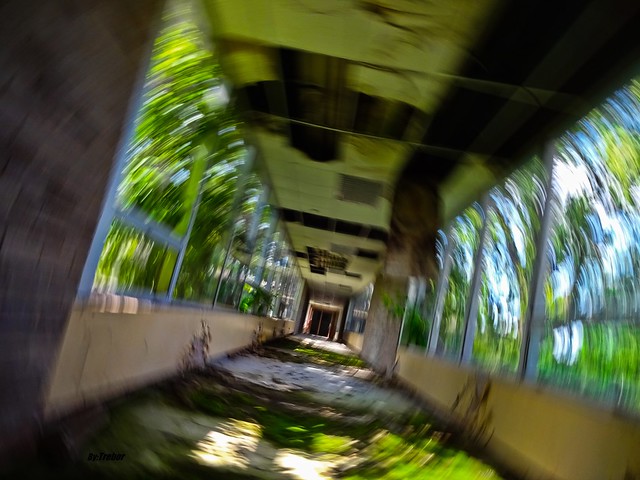
Pic for representation purpose only. Photo: Trebor/flickr
Neha Singh (name changed) is a successful young media professional in her mid-30s living by herself in Mumbai. Prior to the lockdown, she had a healthy, stable lifestyle. She would go for her run, do yoga, eat healthy and socialise with friends. But, once the first nationwide lockdown was announced in March, her family that lives abroad hit the panic button and she moved in with her partner and his family.
She had a tough time adjusting. She tested positive for novel coronavirus disease (COVID-19) after a month, and developed anxiety and had panic attacks. Her work continued, but her personal life was stressful. “I was not used to living with a family, was not mentally prepared for this arrangement, and started feeling restricted. Testing positive only added to my anxiety,” she told Gaon Connection. She sought professional help, and recovered in about three weeks after multiple counselling sessions.
Some of the reasons that impact mental health in adults and children are fear and anxiety about a new disease and what could happen; physical distancing that can make people feel isolated and lonely; the fear of going out, the fear of losing one’s livelihood; a general sense of insecurity and a compulsive need to hoard groceries. Those with existing mental health conditions and those with disability are more vulnerable.
A self-administered study was conducted in July by Mumbai-based GOQii, a smart preventive healthcare company, among 10,000-plus users of its Health App spread across Tier 1, 2 and 3 cities. This was to understand how COVID-19 has altered lifestyles and how people are adapting to the new normal. It showed that 43 per cent of the respondents have depression and are learning to cope with it. The five months of the pandemic and lockdown have taken a toll, and India seems to be moving towards another possible health crisis, that could be more psychological in nature.
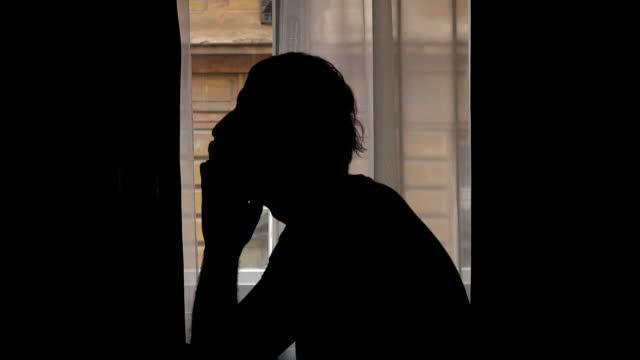
Other studies on mental health during the pandemic have been held during this lockdown period too, and they also speak of rising levels of depression and anxiety.
Coimbatore-based psychiatrist D Srinivasan said that “On account of the uncertainty and no precedence of a pandemic, there is initially anxiety and then it leads to depression when they give up and are unable to cope. Suicidal tendencies are on the rise, and there is a rise in resurfacing of pre-existing mental health conditions too.”
Gita Prakash, a Delhi-based family physician, concurred. “Yes, this is because people who are not used to staying at home the whole day now have to deal with home and work issues, those with a robust social life have been isolated, and both grief and joy are not being shared. Staying at home has also resulted in people letting go of a routine, and most are moving towards an unhealthy lifestyle, eating what they want, sleeping less and at odd hours and not exercising enough.”
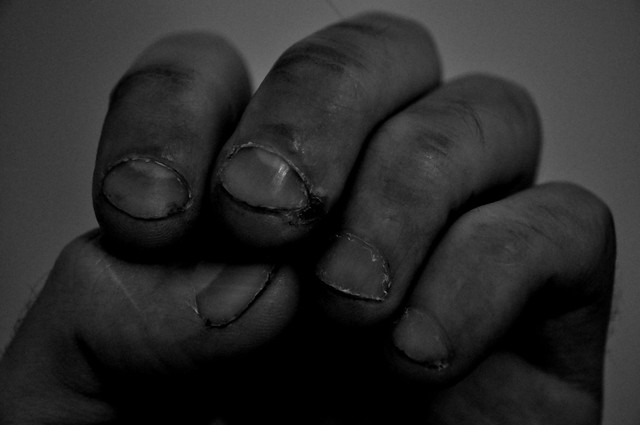
The study by GOQii is a comparative one that highlights the glaring difference in lifestyle pre- and post lockdown. The study indicates that 26 per cent of Indians face mild depression and 17 per cent a more strenuous kind. Of this, “six percent of Indians are severely depressed”, said the report.
A Mumbai-based workplace counsellor and an emotional wellness coach with GOQii Divya Thampi found that for many clients, the work from home situation has exacerbated the situation. Extended work hours, lack of boundaries, lack of sleep, lack of motivation to work and additional nervousness lead to anxiety, “one of the symptoms of depression”.
Many say they have been feeling ‘meh’ – one does not have the interest to do anything, does not want to get up from the couch, wants to eat a lot of food, especially something sugary, and procrastinates what has to be done, among others.
The same study showed that more than 59 per cent of the population experiences little pleasure in doing anything these days; of this, 12 per cent faces this every day. “Most people feel energetic when there is a sense of purpose or a goal to achieve,” Thampi pointed out. No fixed routine and inability to adjust to the new normal are possible causes for this.
Individuals living by themselves, especially young adults and those who are single, face a bigger issue. “There is an increased sense of isolation, loneliness and lack of motivation and interest in doing things,” said Bengaluru-based Athulya Jayakumar, a clinical psychologist and co-founder of therapeute.in.
A silver lining is that people seem to have realised they need help. Counsellors and mental health practitioners pointed out that the number of people reaching out for help has increased, and many of them have sought help for the first time. The common complaint is that they are “not feeling okay”.
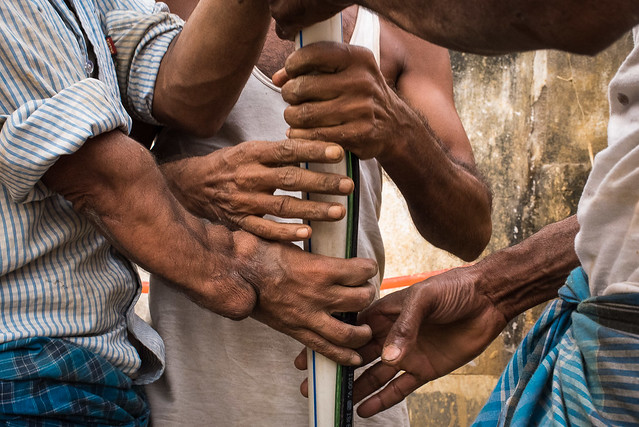
The unique problems of persons with disabilities
Persons with disability have complained of elevated levels of anxiety, depression and an overall low feeling too. Their problems are also unique. The universal rule of physical distancing and self-quarantining if unwell poses complications for this section of the population and their caregivers. Sweta Mantri, a young adult and comedian based in Pune, uses crutches. Every year, for the three-month duration of the monsoon, she cannot step out, as the chances of her slipping and falling are high. “This year, I am in an extended lockdown. I have been indoors for almost six months and I don’t know when I will be able to step out and feel free. When I sit idle, I experience sadness,” she said.
For the visually impaired (partially blind) and the blind, a planned, structured existence is important. They navigate around new spaces with the help of other humans. They are equally dependent on technology, and if the phone does not work, it triggers anxiety.
Thane resident Anshika (name changed) is 19, and autistic. She sticks to a particular structure and routine, and is very disturbed after that has been disturbed by the lockdown. “Initially, she was very confused. She was also not used to seeing me at home as I am a special educator in a school. She’s now gradually coming to terms with it. So, while work-from-home would have been a pleasure, though the workload is manageable, I find it stressful to concentrate with my daughter around,” explained Rajashree Anand, Anshika’s mother. “Changes in routine often cause meltdowns – my daughter has had severe bouts of crying/whining, mood-swings, sleeplessness, crankiness… We know that she is upset, angry and even sad that we had to stop taking her out for a stroll or grocery shopping or to her music classes. Getting her to do something else at home stresses her as it is not part of her routine,” Anand added.
“Anxiety and change in routine are a big task to handle for persons with disability,” said Tanya Ginwala, mental health practitioner with Qualia Mental Health, who has started psycho-social support group Insight for persons with disabilities. “For each disability, the challenges are different,” she added.
“Persons with disability who have been independent and doing a lot of their work on their own suddenly feel dependent, and there is a sense of guilt that creeps in that they are a burden on others,” explained Srinivasan.
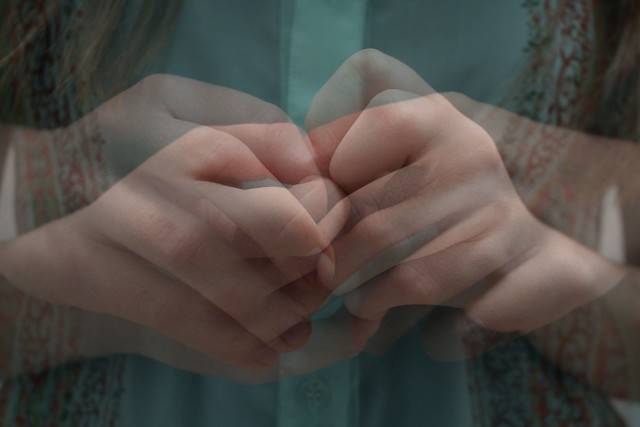
How Can One Cope?
Pre-pandemic coping mechanisms included spending time amid Nature and walks, and conversations with counsellors. Many are unable to do that now. “Taking up something as a challenge works well as it gives you some engagement. Have some plants around you; it offers you a connection to Nature,” said Thampi.
Ginwala’s Insight has started a listening circle where people can just talk and listen to each other. It has also been conducting virtual video meets and activities.
Mantri’s coping mechanism is comedy. She has started ‘Accessible Open Mics’, where she builds awareness about her situation and that of others like her, using humour. She also addresses the plight of the able-bodied who are cooped up inside homes without an outlet.
According to Srinivasan, one cannot change what is happening outside, but one can definitely change what is happening within by developing more patience, resilience and awareness to be better equipped to cope with this situation.
Exceptions to the rule
There are exceptions too. For two years now, including during the lockdown, Pranav Kumar (name changed), 21, has been under treatment for depression, acute psychosis and mild schizophrenia. “Prior to the lockdown, I was constantly being mocked at and told I am worthless. I would get angry and violent. Now, everybody is in the same situation, and I don’t feel I am alone. The lockdown has worked positively for me. I am happy.” He also enrolled in the GOQii platform in January this year and a personal coach has helped him tackle his obesity.
With time, people have begun to cope. Naina has been regularly meeting four of her close friends indoors, following which she self-quarantines. She is running again, doing a bit of yoga and meditates too. Pranav is watching a lot of films and sleeping a lot, but is energetic about working out. He has also begun spending time with his father and sister, playing carrom. Anand and Anshika are now taking online music classes. Creating a routine or getting back to one helps a lot. Ginwala said that she has been telling her clients to “reevaluate their goals for this current year” due to the current situation.
Mithra Trust, founded by psychologist Bhairavi Prakash, offers online and offline support to people going through a rough patch. It started with online MEH sessions twice a week and Prakash said she has seen a lot of new faces attending these two-and-a-half-hour sessions, where they doodle, talk or indulge in other activities. “We find that people attend these sessions from a small corner in their home, from staircases and terraces.”
Mithra’s offline Self-discovery Tool Kit or the Meh Kit, priced at Rs 1,300, helps understand and deal with a range of mental health issues. It also debunks common misconceptions. Mithra has also started a ‘what to say’ series on Instagram, which teaches caregivers or friends how to support a loved one with a mental health issue.
Mental practitioners recommend that individuals who feel anxious or depressed talk to people with whom they feel safe and reach out to therapists.
A positive fallout of the lockdown is that mental health is now being discussed openly by families, parents and corporates at least in some cases, said therapists. Family members are also part of therapy sessions, and are aware that help is being sought. When that happens, taboos begin to take the backseat.

